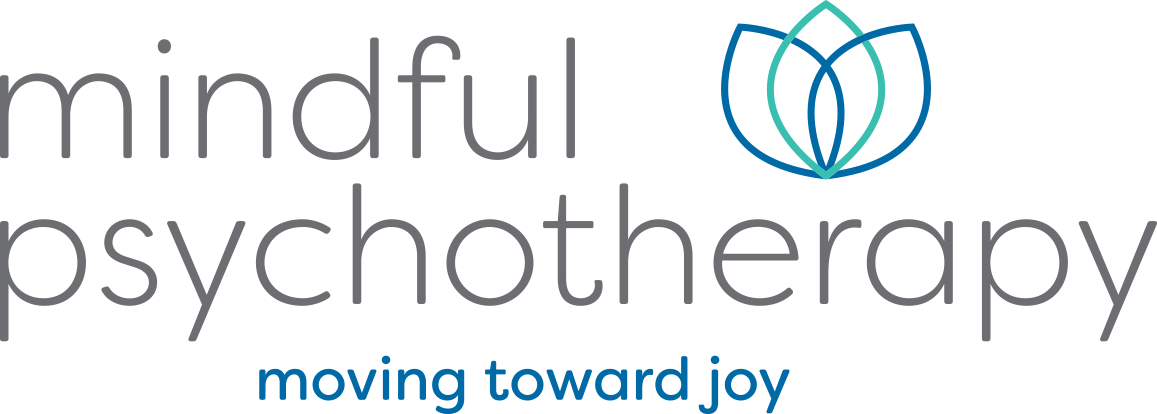A Mindful Approach to Anger: Appropriate Action
Anger often communicates to us that something is simply not ok.
When listened to adequately, it can provide motivating energy to fix an unacceptable situation.
Think: Rosa Parks. If she hadn’t been angry at the civil rights violations she and others were experiencing daily, she would not have refused to give up her seat. Her anger was translated into positive action, and the world changed.
Anger can be a sign that someone has violated your boundaries, and you need to figure out stronger boundaries and consequences if they are violated.
Anger can also be a sign that something is just not fair, and it can be a wake-up call for us to address a problem or change our environment.
If anger becomes a chronic, seething mess, it is no longer anger but resentment. While resentment also communicates something to us (to be explored in a future blog post!), it is much more damaging internally. There is a saying that resentment is like taking acid and hoping it kills the other person.
When anger is “acted-out” it often becomes rage. Rage loses all sight of what is important and destructively lets loose its energy. For rage, picture The Hulk. People who rage often have little memory of what they did while in a rage, and regret it deeply. Yet, the next time, if it is their habitual pattern, they rage again. They have no control over their rage. In fact, if they sat with their rage to explore what is under it, they would probably find powerlessness.
Perhaps the next time you feel anger, it would be helpful to sit quietly with the emotions in an open, nonjudgmental way and ask these questions:
Is something unjust happening?
If yes, is there anything I can do about it?
If yes, can I communicate my anger in a way that the other person (or people) will hear? (If no, I should probably process it with someone else and then revisit the question).
If there is nothing I can do about the injustice, is there something I need to accept that I am unwilling to accept?
Under the anger, are there feelings of powerlessness and/or sadness?
Once the feelings under the anger have been identified and listened to, then appropriate action can be identified. Allow your anger to lead you to appropriate action, rather than acting-out or acting-in.
Credit for photo to American Academy of Achievement

